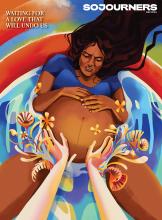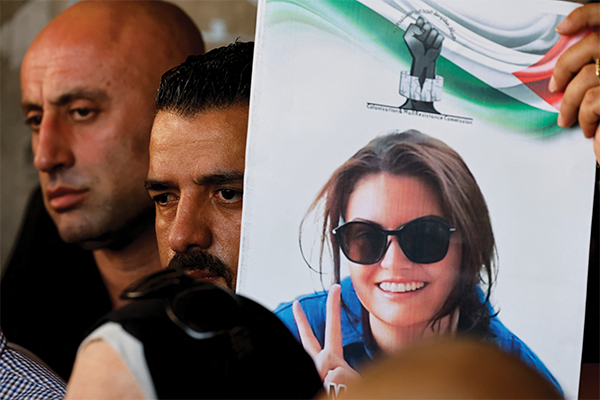I KNOW YOU. I met you in the dense canopies in the war in El Salvador. It was there that I first heard the single, high-pitched crack of the sniper bullet. Distinct. Ominous. A sound that spreads terror. I saw you at work in Basra in Iraq and of course Gaza, where on a fall afternoon at the Netzarim Junction, you shot dead a young man a few feet away from me. We carried his limp body up the road. I lived with you in Sarajevo during the war. You were only a few hundred yards away, perched in high rises that looked down on the city. I witnessed your daily carnage.
You targeted me, too. You struck down colleagues and friends. I was in your sights traveling from northern Albania into Kosovo. Three shots. That crisp crack, too familiar.
I know how you talk. The black humor. “Pint-sized terrorists” you say of the children you kill. You are proud of your skills. It gives you cachet. You cradle your weapon as if it is an extension of your body. You admire its despicable beauty. This is who you are. A killer.
Read the Full Article

